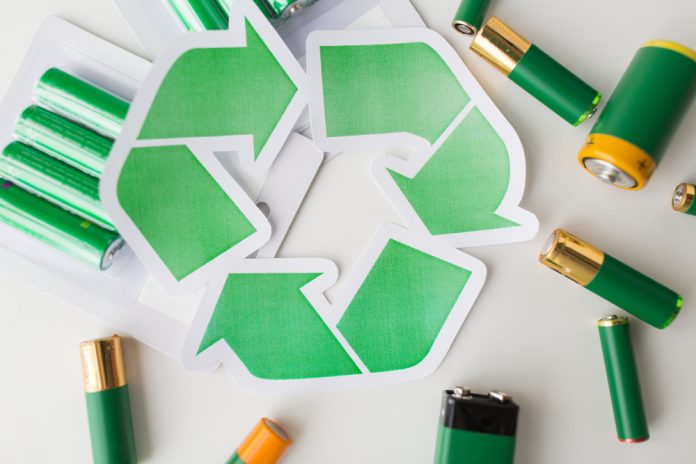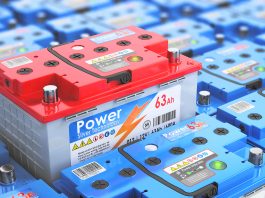Research led by experts at the Université de Sherbrooke has developed an eco-friendly process for recycling battery waste.
The innovative technique extracts and separates metals from used alkaline batteries – enabling effective recycling of critical materials from batteries.
The method extracts potassium, zinc and manganese cheaper and more energy efficiently than other existing methods.
Noelia Muñoz García, a Researcher at the Université de Sherbrooke and lead author of the study, explained: “We focused on the extraction of the main minerals present in alkaline batteries because they represent more than 70% of the volume of spent batteries in North America.
“This research supports the principles of the circular economy, where materials are reused and recycled, creating a closed-loop system.
“This reduces waste and can lead to long-term economic sustainability by maximising the utility of resources, which is one of the main objectives in current treaties such as the Paris Agreement.”
The importance of recycling battery waste
As demand for batteries continues to grow exponentially worldwide, devising effective strategies for managing battery waste becomes increasingly important.
Improperly disposing of spent batteries can incur significant environmental hazards due to their metal content.
“The main problem of improper disposal of spent alkaline batteries is that compounds of potassium, zinc and manganese can leach into the soil and pollute groundwater, posing threats to the environment and human health, such as ecotoxicity and abiotic depletion,’ said García.
Moreover, developing effective recycling methods for battery waste not only mitigates environmental threats but can also provide a sustainable source of valuable battery metals.
Leveraging hydrometallurgy
Hydrometallurgy involves extracting metals using aqueous solutions, a process known as leaching.
This technique operates at room temperature, making it more energy-efficient compared to high-temperature methods.
The novel approach in this study features a three-step extraction process, unlike conventional hydrometallurgy methods that extract all metals in a single step.
This single-step extraction often results in a complex leachate that is expensive to separate into individual components.
Enhanced efficiency and cost-effectiveness
By utilising different leaching agents in three distinct phases, the researchers achieved higher-quality leachates.
This approach significantly reduced the costs associated with downstream purification. The overall extraction efficiency reached 99.6% for zinc and 86.1% for manganese.
The team is now working to scale up the extraction technique.
Antonio Avalos Ramirez, a Researcher at the Université de Sherbrooke in Canada and corresponding author of the study, added: “The next steps will be to develop separation and purification units for obtaining zinc and manganese at a quality good enough to introduce them to the market and use them in the production of new goods.
“Further research is needed to address the scalability of the process at an industrial/commercial scale.”









